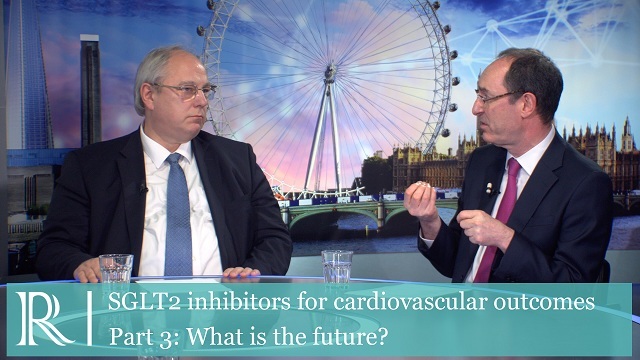Past, Present and Future: SGLT2 inhibitors for CV Outcomes
Published: 17 August 2020
-
Views:
 41
41
-
Likes:
 7
7
-
Views:
 41
41
-
Likes:
 7
7
-
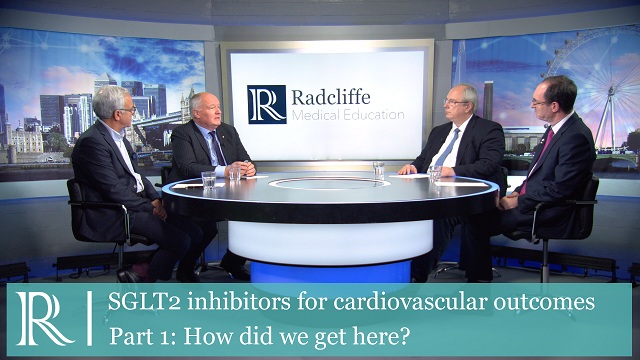 22m 46sPart 1 How Did We Get Here? Andrew JS Coats, Faiez Zannad, Stefan Anker, John JV McMurray
22m 46sPart 1 How Did We Get Here? Andrew JS Coats, Faiez Zannad, Stefan Anker, John JV McMurray
-
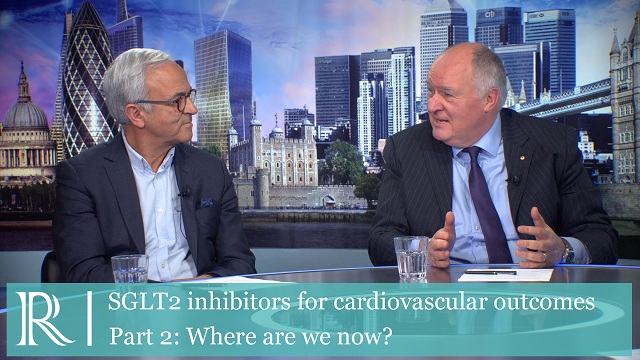 18m 32sPart 2 Where Are We Now? Andrew JS Coats, Faiez Zannad, Stefan Anker, John JV McMurray
18m 32sPart 2 Where Are We Now? Andrew JS Coats, Faiez Zannad, Stefan Anker, John JV McMurray
Overview
This roundtable event includes four leading heart failure specialists discussing recent data related to SGLT2 inhibitors in reducing CV risk, HF hospitalisations and mortality and morbidity in HFrEF irrespective of T2DM. The panel also look at ongoing studies including those for HFpEF and CKD outcomes.

Educational Objectives
- Understand the History of SGLT2 Inhibitors and the Published Data from SGLT-2 Inhibitor Cardiovascular Outcome Trials (CVOT).
- Link These Outcomes Data to the Latest Guideline Updates in Diabetes.
- Understand the Importance of the Ongoing CREDENCE, EMPA and DAPA Clinical Trials.
- Evaluate Emerging Data of the Treatment of HF With SGLT2 Inhibitors in Patients With or Without T2DM.
- Apply This Clinical Understanding to the Management of Heart Failure Patients in the Real World.
- Identify Important Future Developments to Be Aware of to Allow Continual Optimisation of Heart Failure Management and the Potential for Future Guideline Updates in Heart Failure
- Assess the Interrelationships Linking Diabetes, HF and CVD
More from this programme
Part 1
How Did We Get Here?
| 1 session | |
| How Did We Get Here? | Watch now |
Part 2
Where Are We Now?
| 1 session | |
| Where Are We Now? | Watch now |
Part 3
What Is the Future?
| 1 session | |
| What Is the Future? | Watch now |
Faculty Biographies
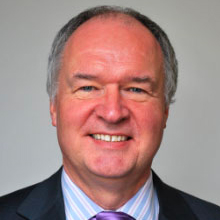
Andrew JS Coats
Director of the Monash Warwick Alliance and Academic Vice-President
Prof Coats is Joint Academic Vice-President of Monash University, Australia and the University of Warwick, UK. His research greatly influenced the treatment for chronic heart failure, promoting exercise training instead of bed rest. He has a vast experience in education and publishing.
Prof Coats attended Melbourne Grammar School and studied at Oxford and Cambridge. He has a higher doctorates from Oxford (DM) and Imperial (DSc.).
Prof Coats was appointed Viscount Royston Professor of Cardiology at Imperial College in 1996 and Director of Cardiology and Associate Medical Director of the Royal Brompton and Harefield NHS trust. Professor Coats was appointed Dean of Medicine at the University of Sydney in 2002, and subsequently Deputy Vice-Chancellor. Professor Coats was most recently CEO of the Norwich Research Park, the UK's oldest and largest research and innovation park.
Prof Coats research interests are chronic heart failure, hypertension, and organizational…
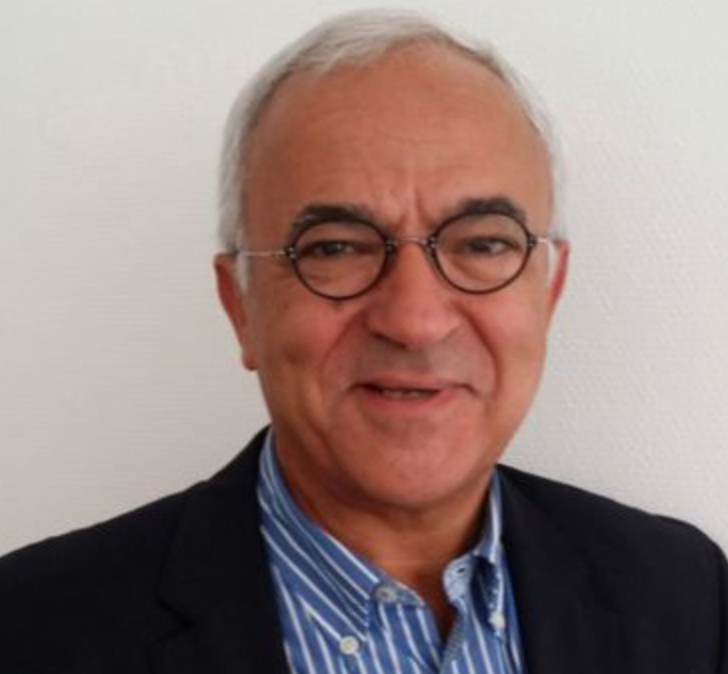
Faiez Zannad
Professor of Therapeutics and Cardiology, Head of CIC
Dr Faiez Zannad is Professor of Therapeutics & Cardiology and Head of the Division of Heart Failure, Hypertension and Preventive Cardiology for the department of Cardiovascular Disease of the Academic Hospital (CHU) in Nancy and the Director of the Clinical Investigation Centre (Inserm-CHU).
Dr Zannad is currently the Chairman of the ESC Working group on Pharmacology and Drug Therapy as well as a Boardmember of the ESC Heart Failure Association. He is Past-President of the French Society of Hypertension.
Dr Zannad is Co-Editor-in-Chief for Fundamental and Clinical Pharmacology, the official journal of the European Pharmacology Societies Federation (EUPHAR). He chairs and organises annual international meetings on CardioVascular Clinical Trials (CVCT) and on Biomarkers in Heart Failure.

Stefan Anker
Professor of Cardiology
Dr Stefan D Anker, Professor of Cardiology and Cachexia Research, Department of Cardiology, Charité Campus Virchow-Klinikum, Berlin, Germany, and served as the 2012–14 President of the Heart Failure Association (HFA) of the European Society of Cardiology (ESC).
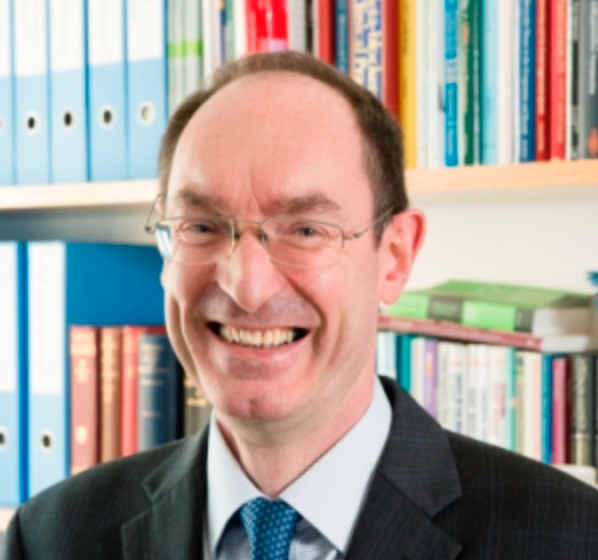
John JV McMurray
Professor of Cardiology
Dr McMurray is Professor of Medical Cardiology and Deputy Director (Clinical) of the Institute of Cardiovascular and Medical Sciences and honorary Consultant Cardiologist at the Queen Elizabeth University Hospital, Glasgow.






